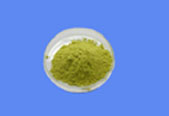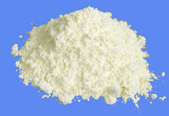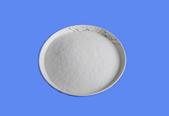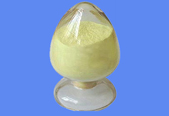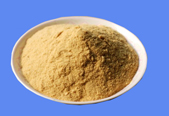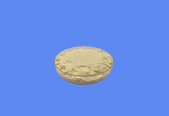
Search

Search

A germicides is a class of chemicals that kill or inhibit fungi or bacteria. Fungicides can kill or inhibit the growth and reproduction of germs in vitro or in plants through the toxic effects of the agent. Some germicides are non-toxic to fungi, but can interfere with the fungal pathogenic process, improve plant defense capabilities.
There are two ways of action of germicides: one is protective germicides, and the other is systemic germicides. Protective germicides come into direct contact with pathogens in vitro or on the body table, killing or inhibiting pathogens so that they do not enter the plant, thereby protecting the plant from pathogens. The systemic germicides can be absorbed by plants and transmitted in the body to the infected part of the bacteria and eliminate the bacteria.

1. According to application areas, it can be divided into industrial germicides and agricultural germicides.
2. According to the chemical composition, germicides are divided into inorganic germicides and organic germicides.
3. According to conduction characteristics, it is divided into protective germicides and systemic germicides.

A chemical germicides is a mixture of chemicals or chemicals used to kill microorganisms.


Fortunachem Provides Not Only Professional Chemical Products But Also Professional Help
Keeping you up-to-date with all the latest information, news, and events about Fortunachem!

Quick Links
Add:
E-mail:
 English
English  Español
Español  français
français  العربية
العربية 